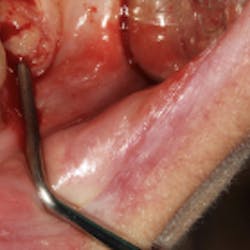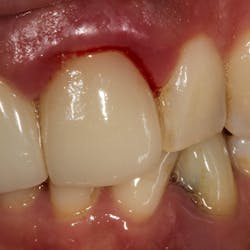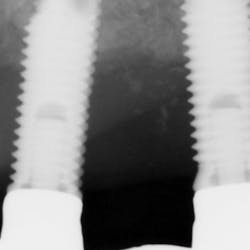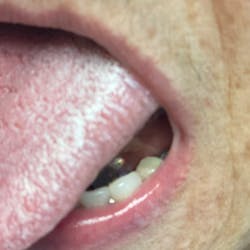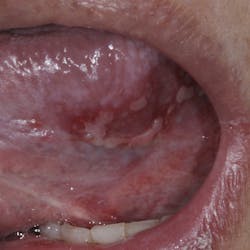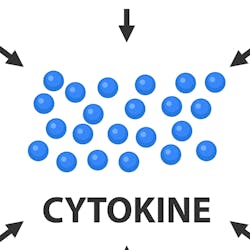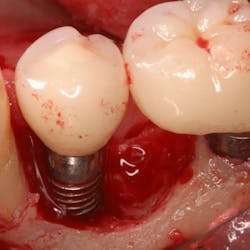We all want the dentistry we do to serve our patients well in terms of esthetics, function, comfort, and most importantly, longevity. As a practicing dentist for more than 30 years and as past clinical director of The Pankey Institute for Advanced Dental Education, as well as an author and lecturer, I have observed several factors that can compromise these results.
When I say complex, I don’t just mean the difficulty of a particular procedure. I am referring to issues that can compromise the esthetics, function, comfort, or longevity of the entire result. It is very frustrating to begin a dental case and then discover hazards that will compromise the outcome. That then becomes a difficult conversation to have with the patient. When issues are discussed ahead of time, it is a diagnosis. When they are discussed after the fact, it tends to look like an excuse, which can erode the trust we have worked so hard to build. It is even more frustrating to finally complete a case in which the patient has made a significant investment of time and money, yet the long-term results don’t match either our expectations or the patient’s.
These are the complexity factors to which I refer:
1. Unstable TMJs (even if no pain): unstable TMJs = unstable occlusion
2. Multiple missing teeth and the variety of treatment options — what’s best?
3. Arch malrelationships and how to fulfill the requirements of occlusion
4. Habitual bruxism and how to manage it
5. Deep overbite and how to get stable, centic holding contacts
6. Anterior open bite and how to design the anterior guidance
7. Large posts and cores — keep or extract?
8. Mobile teeth — Keep them? Splint them? Extract them?
9. Medical problems and resulting compromises in treatment
10. Expectations, physical limitations, past experiences
11. Using three or more specialists — and keeping things efficiently on track
12. Recurrent root decay and managing its destruction
Each factor in and of itself adds to the complexity of the case; however, if a particular case has multiple contributing complexity factors, the potential for problems goes up significantly. Knowing how to recognize these factors and deal with them appropriately will add to the long-term success of our cases as well as our overall peace of mind as we complete the patient’s dentistry.
As a courtesy to the subscribers of Surgical-Restorative Resource, I am making my entire PowerPoint course available for download to your computer. It is a PDF file with multiple clinical examples of each issue in a written narration of each slide. Please visit www.TarantolaDentalLearning.com and click “Downloadable Courses.” From there you can download the course, or you may access the course from this link: http://www.tarantoladentallearning.com/downloadable_courses
Author bio
Gregory J. Tarantola, DDS, is the formerclinical director of the Department of Education at The Pankey Institute for Advanced Dental Education in Key Biscayne, Fla. In January 2002, he resigned his position to return to full-time practice, and currently practices in Jacksonville, Fla. His 30-plus years of clinical practice, his tenure at The Pankey Institute, as well as his numerous scientific articles and lectures here and abroad give him a unique perspective relevant to today’s dentist. Practicing comprehensive dentistry in a relationship-based setting is the message he is committed to teaching to dentists everywhere. In December 2010, he published a textbook, “Clinical Cases in Restorative and Reconstructive Dentistry,” which is available through www.wiley.com. He also has many downloadable courses on all aspects of comprehensive care and relationship-based dentistry on his website. www.TarantolaDentalLearning.com You may contact Dr. Tarantola by email at [email protected].

